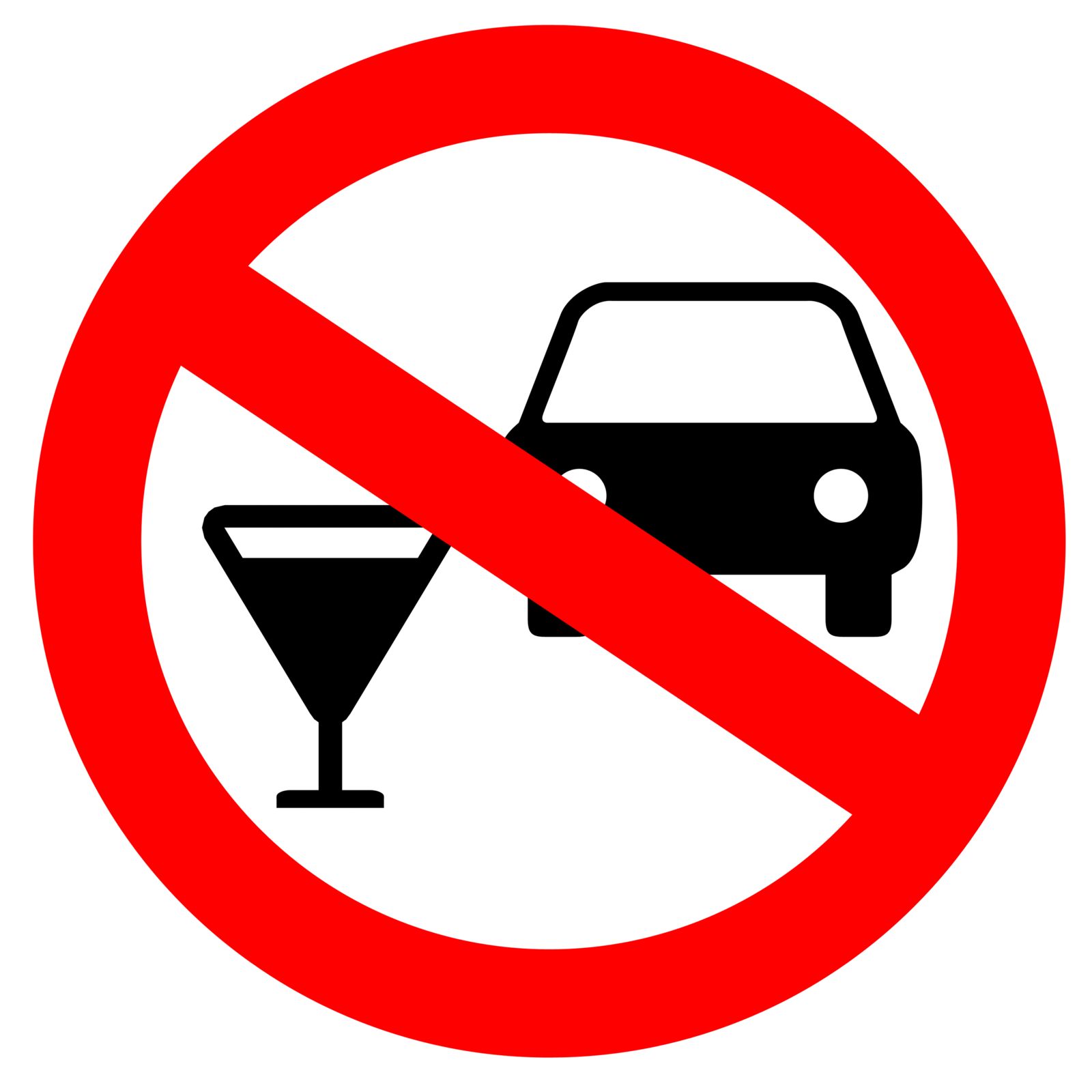Five Strategies to Defend Your New Jersey DWI

Our criminal defense law firm handles drunk driving cases in Pennsylvania and New Jersey. While these 2 states border each other, it’s important to understand that a defense in the Garden State is often very different from a defense within the Commonwealth of Pennsylvania. While there are many similarities between a DWI defense in New Jersey and a DUI defense in Pennsylvania, such as reasonable suspicion and probable cause for a traffic stop, the biggest difference is the chemical testing used to determine impairment. I’ve written a book on Pennsylvania DUI defense, which I encourage you to read and will come out with a New Jersey DWI book later this year. For now, however, this short blog article focuses on five strategies if you are charged with the offense of drunk driving in New Jersey. Obviously these strategies are just a starting point but they represent strong areas of attack for your criminal defense attorney.
1. Did the police officer have at least reasonable suspicion for the stop?
Police in New Jersey do not need probable cause to stop a car for suspicion of DWI, but only reasonable and articulable suspicion that a driver is under the influence or driving while impaired. Probable cause is a higher form of reasonable suspicion. Outside of DWI, police need probable cause to stop a car, which usually means a violation of the traffic code (speeding, stop sign violation, red light). If your attorney wants to challenge this aspect of your case, it must be done through a pre-trial motion to suppress evidence. Please keep in mind that the evidentiary burden at a pre-trial motion to suppress evidence is much lower than the prosecution’s burden at trial, which is guilt beyond a reasonable doubt.
2. Did the State provide your defense attorney with the “Foundational Documents.”
If you’re charged with DWI in New Jersey, the prosecution is required to provide 12 foundational documents to support it’s case. While the prosecution isn’t required to introduce all of these documents into evidence at trial, it still must provide them to the defense. These 12 documents include the following:
- Calibrating unit, new standard solution report, most recent change and the operator’s credentials of the officer who performed that change
- Certificate of analysis .10% solution used in new solution report
- Draegers safety certificate of accuracy AlcoTest – CU34 simulator
- Draegers safety certificate of accuracy AlcoTest – 7110 temperature probe
- Draegers safety certificate of accuracy AlcoTest – 7110 instruments
- Calibration check
- Certificate of analysis of .10% solution used in calibration control
- Certificate of analysis .04, .08, and .16% solutions used in calibrations
- Calibrating unit, new standard solution report following calibration
- Draeger’s safety certificate of accuracy for the 3 simulators used in the .04, .08, .16% solutions used during the calibration linearity test
- Draeger’s safety certificate of accuracy AlcoTest 7110 temperature probe
- Draeger’s safety, Ertco – hard digital temperature measuring system report of calibration
3. Is there any issue with the admissibility or validity of the “Core Foundational Documents?”
While the prosecution is required to provide the defense with 12 foundational documents; it is only required to produce core foundational documents at trial. These documents are as follows:
- The most recent calibration report prior to the defendants test with part 1 control test, part 2 linearity test and the credentials of the coordinator who performed the calibration
- The most recent new standard solution report prior to the defendant’s test
- The certificate of analysis of the .10 simulator solution used in that defendant’s control test.
4. Is it is necessary to subpoena the officer who calibrated or conducted the control test of the Alcotest device?
Core documents stated above aren’t testimonial in nature. This means that the prosecution can admit them without the testimony of the officer who performed the calibration. If the defense attorney is alleging some issue with these documents, he or she can subpoena these individuals and a failure to respond to a subpoena can be an issue at trial.
5. Should your lawyer file a Holup Motion?
If the prosecution fails to provide the foundational documents stated above, the defense must file a motion to address this issue. This pre-trial motion known as a “Holup Motion” is filed with the municipal court and it puts the municipal prosecutor on notice that the failure to provide discovery will lead to a dismissal of the case. Keep in mind that in the Holup decision, the court specifically stated that a defense attorney’s letters to the municipal prosecutor were insufficient proof that he had made attempts to put the prosecution on notice of their obligation to provide timely discovery. If an attorney wants to file a Holup motion, he or she must specifically comply with New Jersey rule 1:6-2. The New Jersey municipal court will not dismiss the case because of the prosecution’s failure to provide discovery without a Holup motion.
Again this is only the starting point for a strong defense to DWI in the Garden state. For more information please contact our office.



